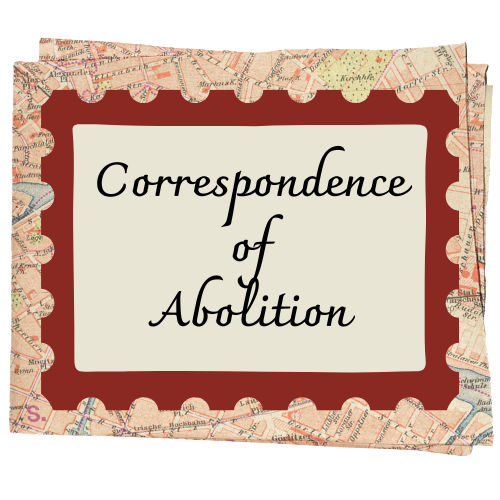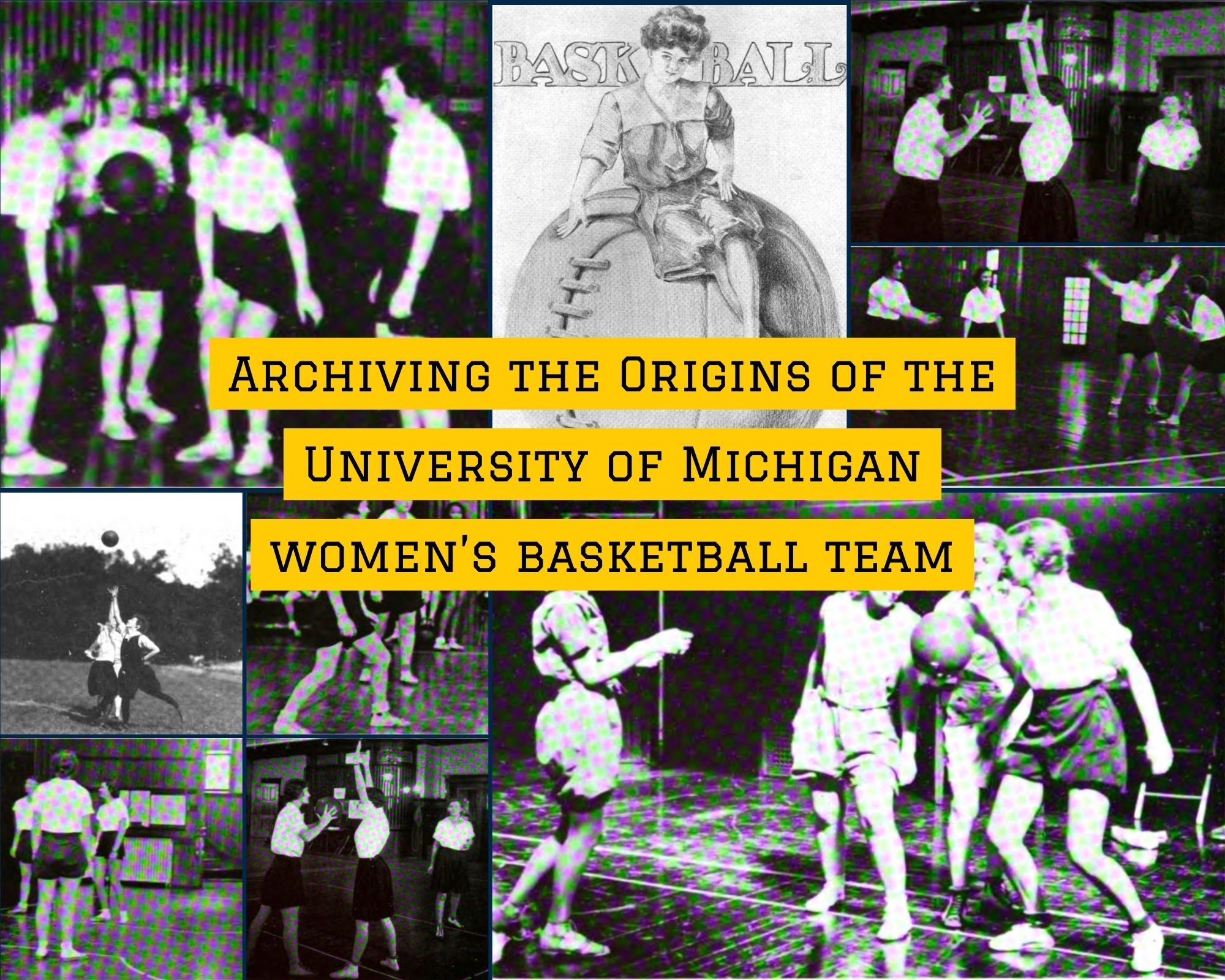UMSI580
Sites
This project aims to reflect Community resistance in California, featuring mostly posters from Northern California and two from Southern California, including San Diego. These posters represent the many grievances faced by communities throughout the twentieth century, some as early as the 1940s, but most from the 1970s onward. They address issues such as housing discrimination in Black communities, Japanese incarceration, Mexican labor exploitation, police brutality, colonial violence, the Vietnam War, and the broader issue of racism that marginalized groups faced across California’s landscape.
The collection reflects immense struggle, hope, and resilience among communities who chose to educate themselves and others on issues of injustice. California, as a region, is particularly compelling for two reasons: first, it is a multiracial landscape with diverse communities and intersecting struggles; second, it is often regarded as a “liberal” state that is ahead of its time politically. Yet, this project reveals the persistent instances of racism individuals were facing all the way into the 1980s, we can correlate many of these past struggles to the present day.
Ultimately, these posters are meant to educate but also to inspire collective community action, reminding us that when we come together, we can make a change and if not a change, let our own actions and ancestors leave a mark on history that we tried in times of repression and violence.
The Citizens of PLATO Digital Archive is dedicated to the computing communities of the PLATO computer system, the first computer-based educational system which revolutionized information technology and cyberculture.

An online archive created for SI 580 Fall 2025
This site is about Constance Cumbey and her research into The New Age
an example sites
Go to the Admin dashboard to start working with UMSI580.
